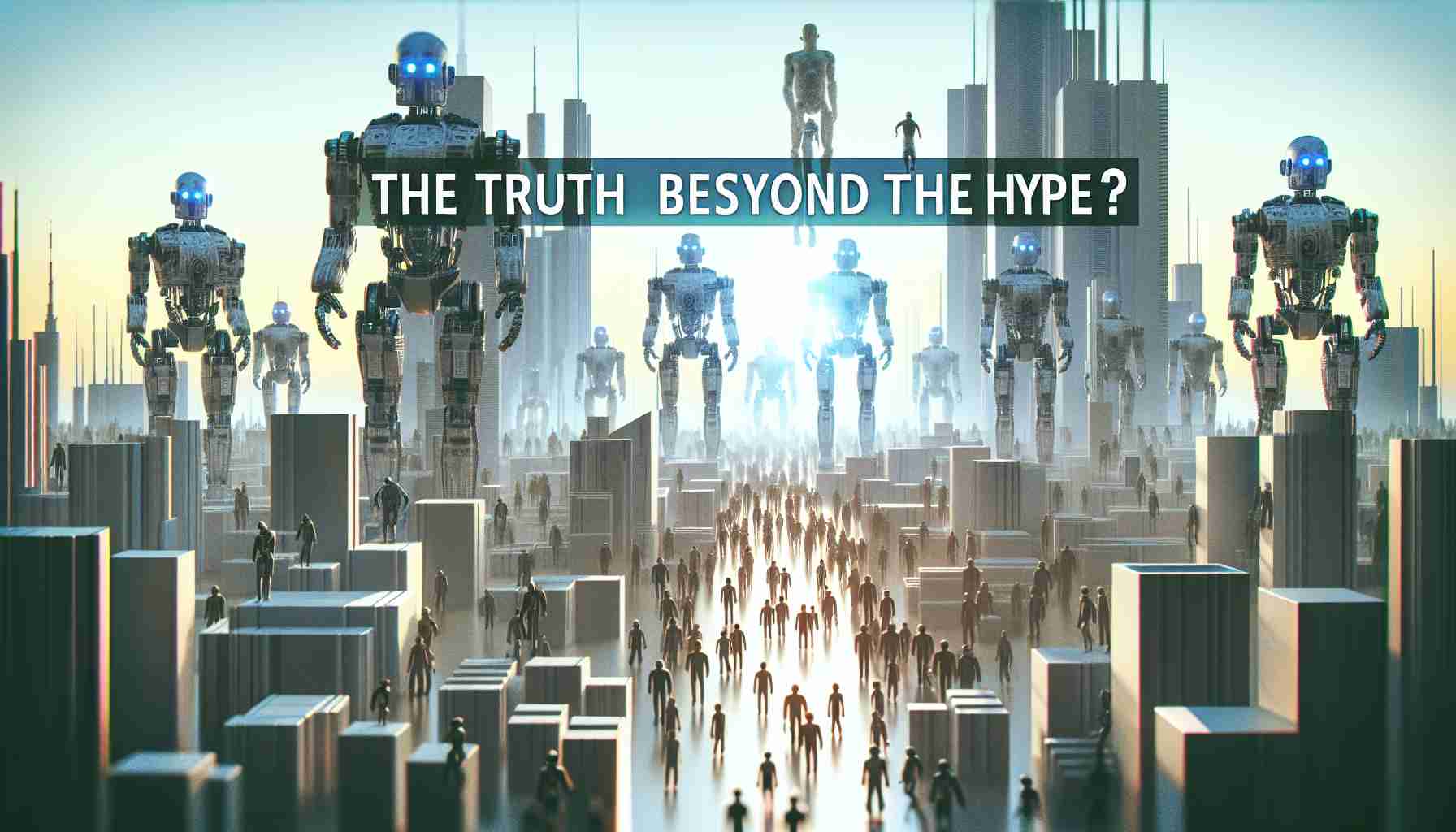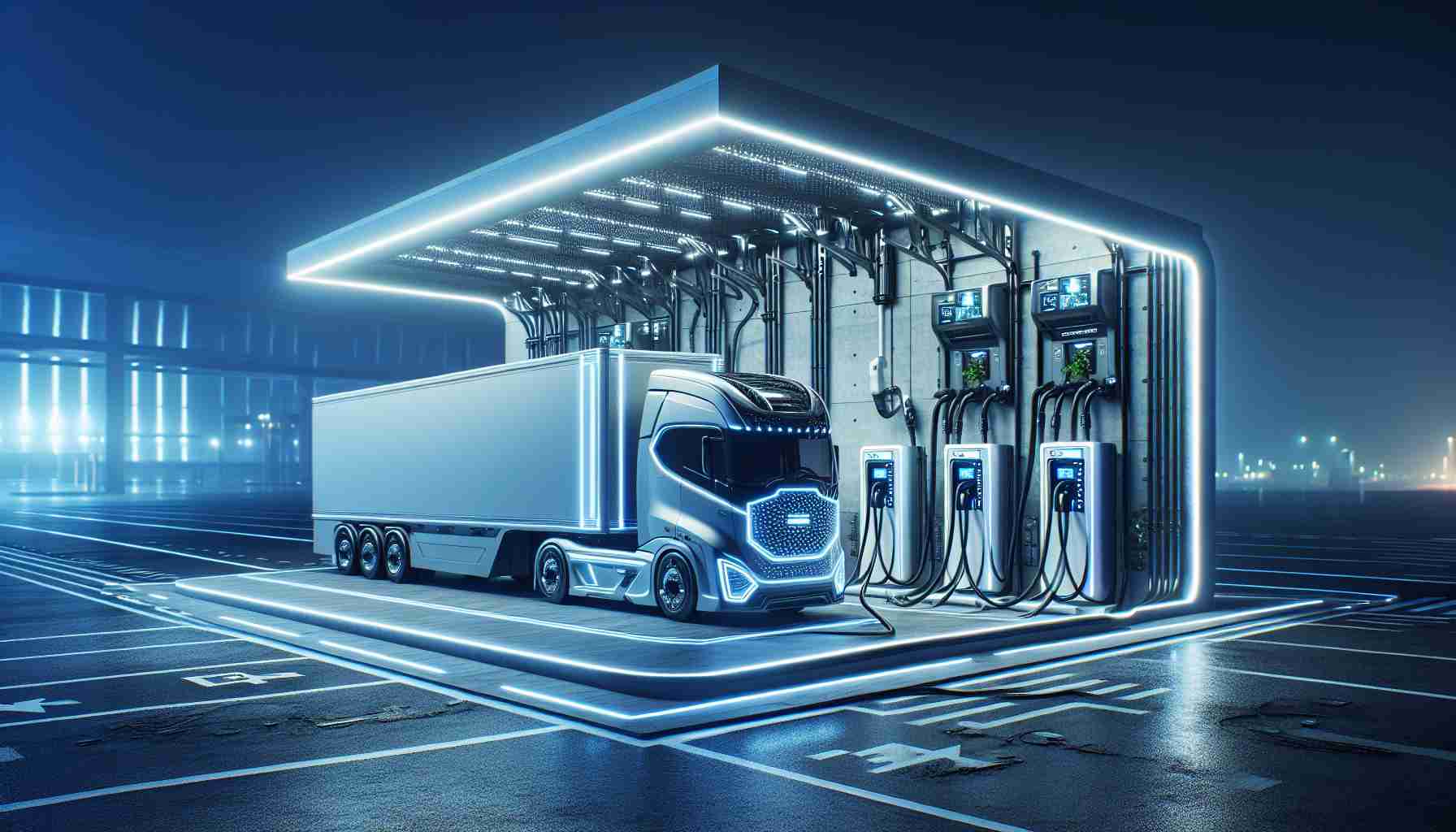The notion of robots taking over the world has permeated science fiction for decades, but how close are we to this becoming a reality? While it’s true that advances in artificial intelligence (AI) and robotics are accelerating at a rapid pace, the idea of robots gaining control over humanity is more fiction than fact.
Currently, robots and AI systems are designed to assist and enhance human capabilities. They are utilized in various sectors, including manufacturing, healthcare, and agriculture, to increase efficiency and productivity. For instance, robots are employed on assembly lines to execute repetitive tasks, and AI applications are used to analyze large datasets, providing insights that humans might miss.
One concern often cited is the possibility of robots and AI systems developing their own autonomy and decision-making abilities superior to humans. However, experts like those at the Massachusetts Institute of Technology (MIT) argue that present-day AI lacks genuine understanding and consciousness. Most AI systems operate within a narrow domain defined by their programming and data inputs, unable to generalize knowledge beyond specific tasks.
Moreover, ethical and regulatory frameworks are continuously evolving to ensure that AI and robotics do not operate beyond their intended purposes. Organizations such as the Institute of Electrical and Electronics Engineers (IEEE) are actively working on setting standards for AI development that prioritize safety and ethical considerations.
In essence, the fear of robots taking over is largely unfounded when grounded in the current state of technology. While robots will undoubtedly become increasingly prevalent, they will likely remain tools under human oversight rather than autonomous entities with world domination ambitions.
A World Run by Robots: How Close Are We Really?
As the realm of robotics and artificial intelligence (AI) continues to grow, intriguing developments and controversies surface, shaping how societies envision a future shared with these technological marvels. Beyond the prevalent fears and fiction, let’s explore what this really means for our daily lives.
Transforming Industries and Workforce Dynamics
Robots and AI are undeniably transforming industries, creating ripple effects across global communities. In healthcare, surgical robots like the Da Vinci system offer unparalleled precision, while AI-driven diagnostics promise earlier disease detection. But, what does this mean for healthcare professionals? Will they find themselves replaced? The answer is nuanced. Humans are still pivotal in providing emotional intelligence and creativity, essential aspects of medical care and treatment planning.
Communities and Economic Influence
As robots autonomously perform more roles, communities could witness a shift in economic structures. Manufacturing hubs might evolve into centers of technological innovation. The potential for increased unemployment in some sectors is counterbalanced by new job opportunities in tech development and maintenance. But, is society prepared for this transition? Not entirely, as educational systems worldwide grapple with updating curricula to prepare future generations for a tech-centric job market.
The Great Debate: Autonomy vs. Control
Can robots ever truly take over? Technically, no, as current AI lacks true understanding. But ethically, questions abound. Who holds responsibility when an AI-driven decision leads to harm? Debates continue, stimulating Technology Review discussions around machine ethics, a field growing as rapidly as the technology itself.
While we may not face a robot apocalypse, the societal impacts are profound, urging us to shape the future discourse on AI advancements and their rightful place in our world.


















